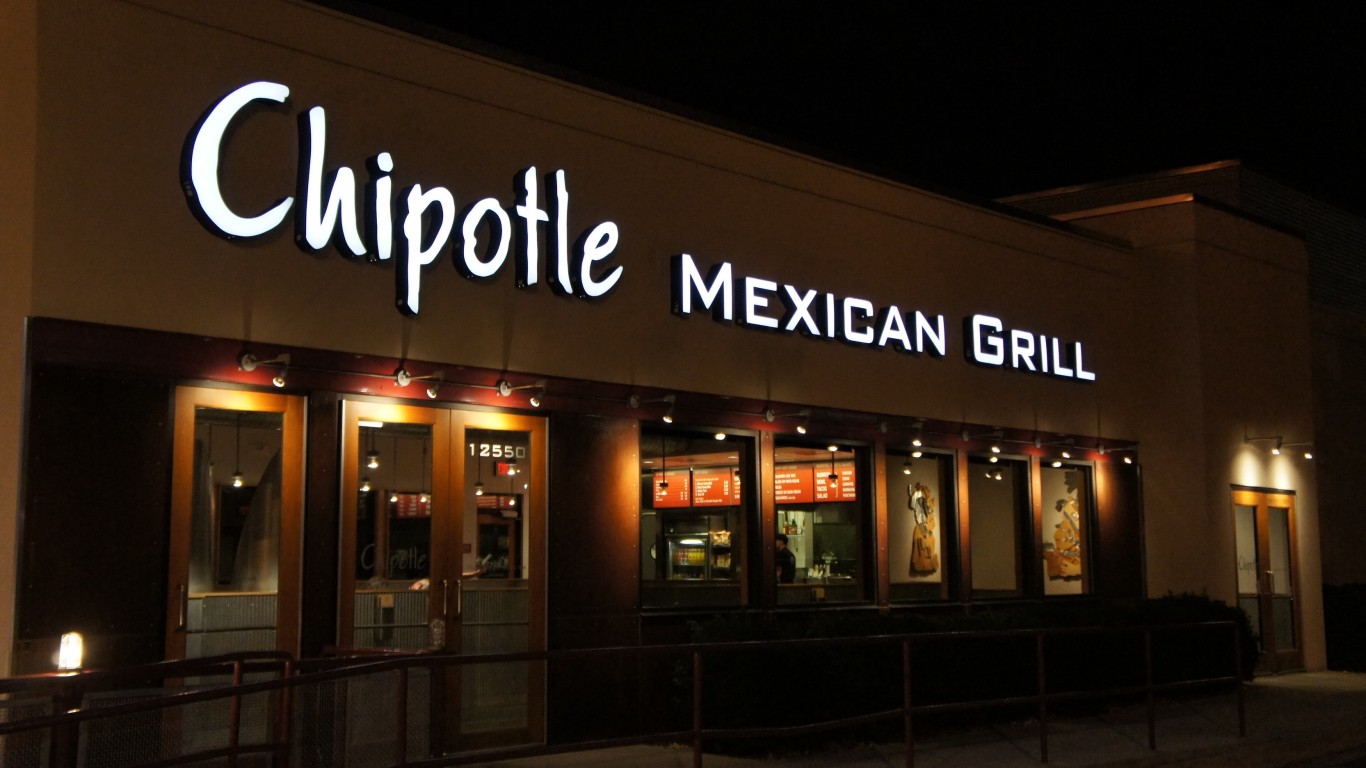Hewlett-Packard Co. (NYSE: HPQ) has filed its 10-K, and among its top disclosures was that the troubled tech company may sell some of its assets. Actually, the comments should not surprise anyone. HP loses so much money that it must have units that are bleeding red ink. Oddly enough, the filing indicates that personal computers are one business that HP will keep. The PC industry has become less and less attractive to both manufacturers and investors. Consumers increasingly have replaced PCs with smartphones and tablets. HP has no market share in either sector. And the chance to enter these markets with any success is gone. HP may claim it could sell off some of its operations. That might include its services business — the former EDS — the value of which already has been written down, or its Autonomy division, the owners of which HP has said committed fraud. It may be that the public corporation is best off, at least in terms of stock holders, to sell off the entire company in pieces.
Eurozone Purchasing Manager’s Index
Markit issued its year-end eurozone PMI data. The summary of the report:
Data collected 5–14 December.
• Final Eurozone Manufacturing PMI at 46.1 in
December (flash estimate 46.3)
• Downturn remains widespread, with all nations
bar Ireland reporting contractions
• Cost caution leads to job losses and further
scaling back of inventory holdings
Some of the details looked worse, particularly those that cover purchasing manager’s activity for December among the region’s countries:
Ireland 51.4 4-month low
Netherlands 49.6 3-month high
Austria 48.1 2-month low
Italy 46.7 9-month high
Germany 46.0 2-month low
France 44.6 4-month high
Spain 44.6 2-month low
Greece 41.4 2-month low
The Greece and Spain number should be expected. Much more troubling is the slowdown in Europe’s two largest economies by gross domestic product — France and Germany.
Chris Williamson, Chief Economist at Markit said:
The eurozone manufacturing sector remained
entrenched in a steep downturn at the end of the
year. Although not as severe as in the autumn, the
survey indicates that production continued to fall at
a quarterly rate of approximately 1% in December,
therefore acting as a severe drag on the wider
economy. The region’s recession therefore looks
likely to have deepened, possibly quite significantly,
in the final quarter.Manufacturers look to be in for another tough year
in 2013, though prospects have brightened a little,
as producers should benefit from signs of stronger
demand in key export markets such as the US and
China. Improving competitiveness remains the key
to success, however, and Ireland perhaps provides
a reassuring example to other countries of how
exports can rise on the back of structural reforms.Much of course also depends on how the region’s
debt crisis evolves over coming months, and any
set-backs could mean the resulting damage to
domestic business and consumer confidence could
easily offset any gains made in export markets
outside of the eurozone.
Hyundai 2013 Outlook
Hyundai Motor, which owns the Hyundai and Kia brands, has had the hot hand in the global auto market. But the company said its prospects will cool considerably in 2013. This could be a sign that the global economy is weak. It could be a sign also that the firm’s models have lost their appeal. It could show as well that the resurgence of Honda Motor Co. Ltd. (NYSE: HMC) and Toyota Motor Corp. (NYSE: TM), each of which had prospects damaged by the Japan earthquake, has hurt the South Korean manufacturer. Business Recorder reports:
South Korea’s top automaker, Hyundai Motor Group, forecast Wednesday a modest 4.1 percent increase in car sales this year to 7.4 million units, with a strong won harming competitiveness.
The projected growth is the lowest since 2007 when the company’s global sales rose 3.9 percent, according to data compiled by AFP.
Douglas A. McIntyre
The Average American Has No Idea How Much Money You Can Make Today (Sponsor)
The last few years made people forget how much banks and CD’s can pay. Meanwhile, interest rates have spiked and many can afford to pay you much more, but most are keeping yields low and hoping you won’t notice.
But there is good news. To win qualified customers, some accounts are paying almost 10x the national average! That’s an incredible way to keep your money safe and earn more at the same time. Our top pick for high yield savings accounts includes other benefits as well. You can earn up to 3.80% with a Checking & Savings Account today Sign up and get up to $300 with direct deposit. No account fees. FDIC Insured.
Click here to see how much more you could be earning on your savings today. It takes just a few minutes to open an account to make your money work for you.
Our top pick for high yield savings accounts includes other benefits as well. You can earn up to 4.00% with a Checking & Savings Account from Sofi. Sign up and get up to $300 with direct deposit. No account fees. FDIC Insured.
Thank you for reading! Have some feedback for us?
Contact the 24/7 Wall St. editorial team.






